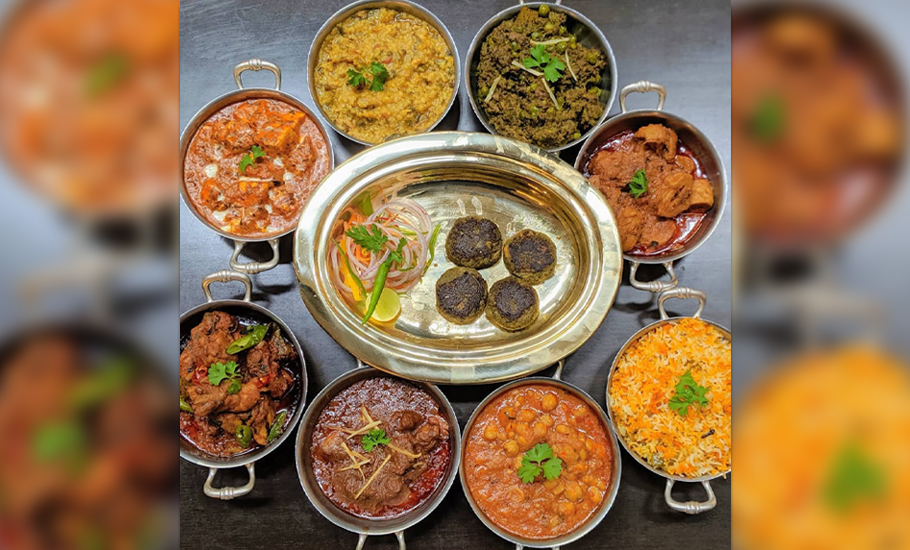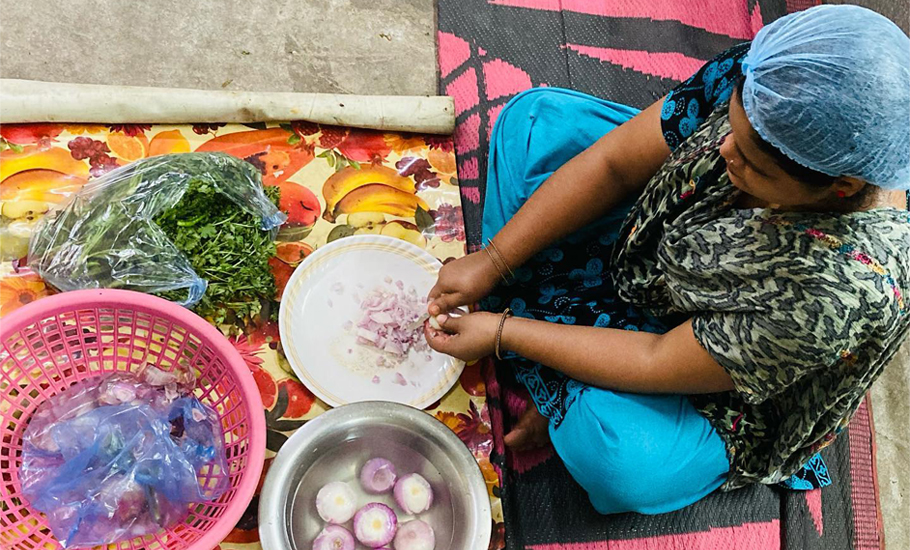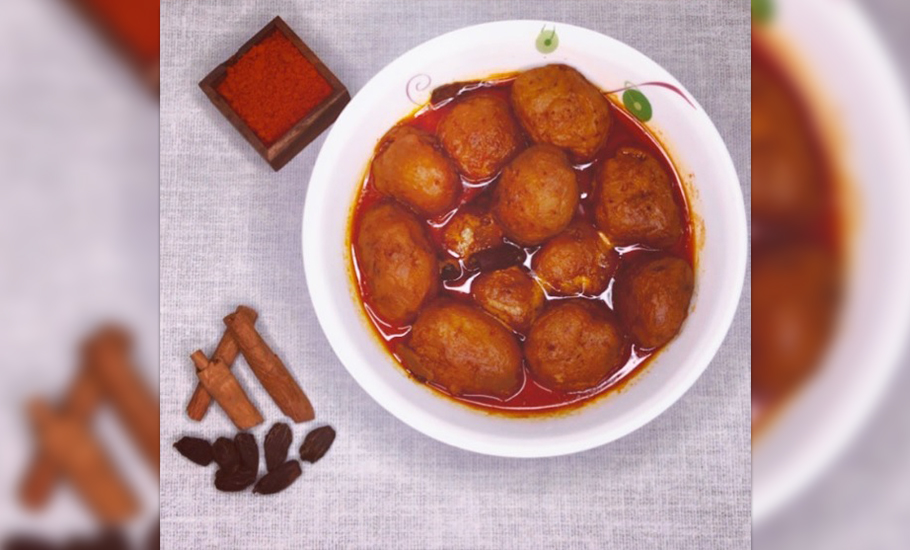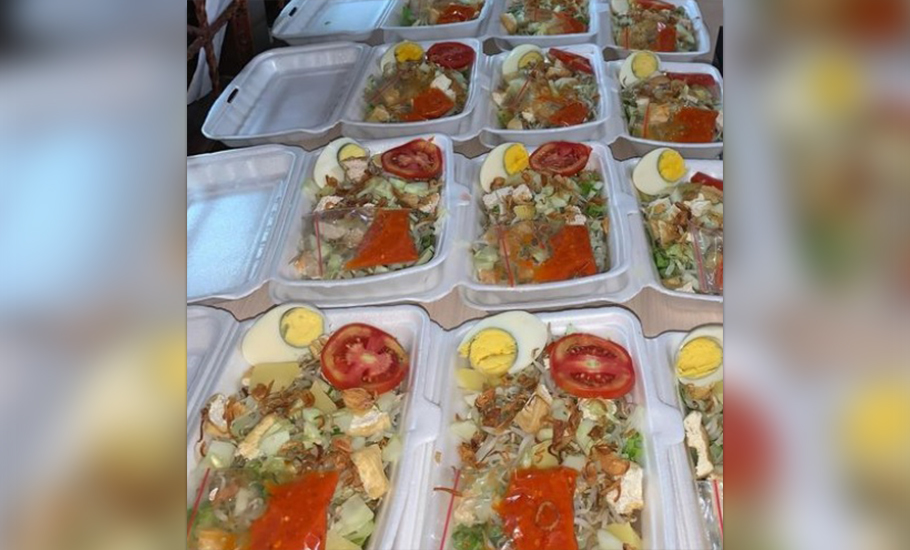
- Home
- India
- World
- Premium
- THE FEDERAL SPECIAL
- Analysis
- States
- Perspective
- Videos
- Sports
- Education
- Entertainment
- Elections
- Features
- Health
- Business
- Series
- In memoriam: Sheikh Mujibur Rahman
- Bishnoi's Men
- NEET TANGLE
- Economy Series
- Earth Day
- Kashmir’s Frozen Turbulence
- India@75
- The legend of Ramjanmabhoomi
- Liberalisation@30
- How to tame a dragon
- Celebrating biodiversity
- Farm Matters
- 50 days of solitude
- Bringing Migrants Home
- Budget 2020
- Jharkhand Votes
- The Federal Investigates
- The Federal Impact
- Vanishing Sand
- Gandhi @ 150
- Andhra Today
- Field report
- Operation Gulmarg
- Pandemic @1 Mn in India
- The Federal Year-End
- The Zero Year
- Science
- Brand studio
- Newsletter
- Elections 2024
- Events
- Home
- IndiaIndia
- World
- Analysis
- StatesStates
- PerspectivePerspective
- VideosVideos
- Sports
- Education
- Entertainment
- ElectionsElections
- Features
- Health
- BusinessBusiness
- Premium
- Loading...
Premium - Events

Home is where the Taste is

When Delhi-based Tripti Ghosh had a family lunch coming up, she wanted the food to be something different, yet not one with a ‘commercial taste’. A friend suggested that she try the women’s collective based out of Nizamuddin Basti in Delhi — Zaika-e-Nizamuddin (ZeN). Ghosh, a social media manager, put her skills to use and found out more about the community-run home kitchen...
When Delhi-based Tripti Ghosh had a family lunch coming up, she wanted the food to be something different, yet not one with a ‘commercial taste’. A friend suggested that she try the women’s collective based out of Nizamuddin Basti in Delhi — Zaika-e-Nizamuddin (ZeN). Ghosh, a social media manager, put her skills to use and found out more about the community-run home kitchen through Instagram. Convinced, she ordered from the collective.
“To say that all of us were satisfied with the food would be an understatement. The food was different from the usual Mughali fare at restaurants. Made by women of the basti, it had a distinct touch of home, while being extremely delicious. We had ordered nalli nihari, shami kebabs, korma, sheermal and phirni. Barring the sheermal, which were sourced from another shop by ZeN, everything else was prepared from scratch by the women running the collective. The flavours were subtle and it was just like our home cooking with less stress on oil and spices,” says a satisfied Ghosh.
The concept of home kitchens came into its own during the pandemic. With hygiene being the priority for most patrons, they looked for options other than the usual commercial establishments that would not only satiate their taste buds, but also instil confidence in the way the food was prepared.

Just like home baking businesses boomed during the time, home kitchens offering a variety of tastes from Mughlai, Kashmiri and even continental to revival of heirloom recipes with a stress on food nostalgia became the new sought-after spots for food enthusiasts. And what started during the pandemic as a convenient source, evolved into a habit-forming thing for the patrons over the next couple of years. The fact that the food was delicious was an added advantage.
Jasleen Marwah, founder of Kashmiri Mumbai-based home kitchen Namak Swaad Anusaar, says, “There was a huge demand during the lockdown for home food. Especially, when restaurants were shut for operations. Home cooks looked at this as an opportunity to earn some money, and diners stuck at home during lockdown grabbed the opportunity to have access to healthy and tasty home food while working from home. There was also the added relief of not worrying about Covid or contamination.” Marwah, a culinary instructor and caterer, loved her pandemic stint so much that she continued long after.
Home kitchens, unlike restaurants, operate on cooking as per demand. They cook on order and as much as ordered. Supply is created as per demand. The cooking process also depends on fresh ingredients. Home cooks deliver the same food that they eat. This creates trust in the product and not to mention the authenticity of the dish coming straight from someone who has been cooking and eating that cuisine forever.
Gurugram-based Sumit Kilam, who runs a repository of Kashmiri Pandit recipes on his site Orzoo Kitchen, however, believes home cooking touches the soul and brings warmth to the heart, while nurturing good health. His mother, Indra, brings her years of knowledge of Pandit food, tweaked to suit the seasons and ingredients of the northern plains. Simple in their composition and execution, her recipes promise to add a unique flavour and variety to the everyday cooking. The Kilams also ran a home kitchen for a while during the pandemic. Encouraged by the response to their site, they are again mulling starting the home kitchen.
The popularity of home chefs grew when people realised ordering in a larger quantity was easier and quality control was higher than when ordering from restaurant. Also, the specialised variety offered by home chefs collectively is way more than restaurants. As Ghosh says, “It is value for money.” Sajjani Nair of Secret Chef Next Door, Pune, opened the doors to her home kitchen way before the pandemic struck. She offers European and East Asian cuisines. “I started on a lark eight years ago. The pandemic did change the game, but temporarily. It gave a lot of people a chance to hone their cooking skills and come out to offer them,” she tells The Federal. With her home cooking running successfully, Nair cut back on her career as a graphic artist to devote her entire energy to the kitchen.

Who doesn’t love the food their mom or dad or grandmom makes. It’s a meal prepared with so much love and care, recipes and techniques they’ve perfected over decades. And now, luckily, more of us get to try it through home chefs like Kusuma Juneja. Juneja always enjoyed cooking, and loved seeing others relish meals prepared by her. Born in Darjeeling and currently living in Delhi, at age 60, together with her daughter, Nicole, she launched MOOD (Kusuma’s Kitchen) in the summer of 2018. An Instagram-first concept food service offering homemade meals home-delivered, when it launched, it was the first of its kind in Delhi. It features the food items that Juneja grew up eating back home in Darjeeling—momos, thukpa, smoked pork, tingmos, ema datchi, khapse, to name a few.
“Over the course of the pandemic and the lockdowns that followed, the demand for quality home delivery options went up. People were also more willing to experiment, more patient, which created the opportunity for home cooks and small kitchens to market themselves. This has led to so much variety and diversity in options available to us now. Personally speaking, I have discovered and tried some of the best foods I’ve ever had in Delhi over these last two years,” says Juneja’s daughter, Nicole, co-founder and director of Kusuma’s Kitchen (MOOD). While her mother has branched into home cooking commercially full time, Nicole steps in to help with the logistics along with her full-time career as a communications specialist.
Home kitchens are constantly trying to bring to people new experiences. Little wonder that you have someone like communications consultant, home chef and entrepreneur, Srobona Das, bringing true-blue Bong food in the Karnataka state capital of Bengaluru. Or, take the case of Carl Fernandes, who offers Anglo-Indian cuisine from his home kitchen in Chennai. The place no longer matters. People are becoming adventurous and craving a real taste of cuisines that they have not really grown up eating. Or, in some cases, want a bite of something that reminds them home and carefree days long gone.
As many here said, the pandemic was a game-changer of-sorts. The pandemic changed everything almost — the way we live, the way we spend. In the context of home cooks and kitchens, the lockdown enabled discovery. People were willing to experiment and try new ‘places’, in the comfort of their homes. Everyone was suddenly online and available and engaging so much with others. While we are taking baby steps in leaving the pandemic behind, the feelings and emotions it conjured have taken a permanent hold in our minds and hearts.
Most home kitchens do not opt for commercial delivery partners such as Zomato and Swiggy. Keeping the operations small-scale is key to their existence. The business is mostly a word-of-mouth system. Most have an Instagram account to reach to a wider audience. Ordering is done via a WhatsApp number and orders are generally taken a day in advance, in some cases where the operation is on a bigger scale, ordering can also be done within a six-hour window.

In some cases like the Chennai-based The Buddy’s Kitchen run by Humera Begum and Mehak Khezan Baig, the orders are delivered by delivery partners such as Dunzo and Swiggy.
The prices at most of these places range between Rs 350 and Rs 800 for a dish. For most home cooks, it is an alternate source of income – a source that was born out of their passion for food and the encouragement of their loved ones. For them, the system of pre-booking works as it allows them to plan their schedule accordingly. Many home cooks also function only on a few chosen days of the week. The flexibility allows them the comfort they seek, while also keeping the food in demand. There is also the urge among such home cooks to dig out old and lost recipes and preserve them through their cooking. Bengaluru-based Jyothi, who runs the Spice Charmer, is one of those. When she started out, her cooking was largely rooted in her native city of Hyderabad. She then went YouTube hunting and sourced old cookbooks to bring to her patrons the forgotten taste of the past.
As Marwah sums up for all home cooks, “I love it when people don’t shy away from experimenting. It’s a great push to what I’m doing and trying to achieve which is to spread my love for a cuisine that is rare and delicious in every form, one plate at a time.”
